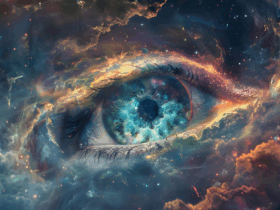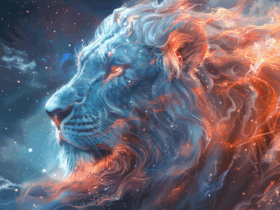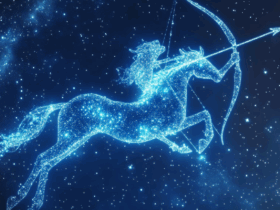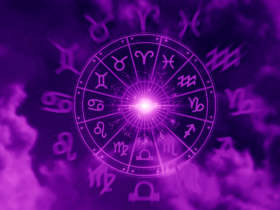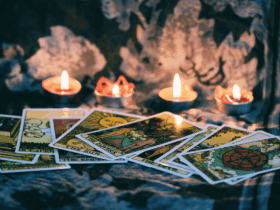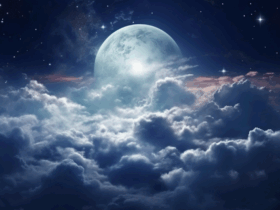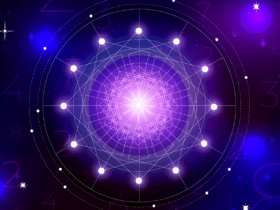Astrology, the ancient practice of studying celestial bodies and their influence on human affairs, has left an indelible mark on various world religions throughout history. While often associated with Western traditions, the influence of the zodiac can be found in diverse cultural and religious contexts. This article explores the connections between astrology and world religions, shedding light on how the divine and the zodiac intersect in different belief systems.
Astrology in Ancient Cultures
The roots of astrology can be traced back to ancient civilizations such as Mesopotamia, Egypt, and China, where the observation of celestial bodies played a crucial role in religious practices. In Mesopotamia, for instance, priests studied the stars to understand the will of the gods and predict future events. Similarly, in ancient Egypt, the alignment of celestial bodies was linked to the cycles of life and death, influencing religious ceremonies and burial rituals.
The Zodiac in Hinduism
In Hinduism, the zodiac finds expression in the Nakshatras, a lunar-based lunar mansion system consisting of 27 or 28 sectors along the ecliptic. Each Nakshatra is associated with specific deities and qualities, forming a bridge between celestial movements and earthly existence. Astrology is deeply ingrained in Hindu religious texts, providing guidance on auspicious timings for various ceremonies and life events.
Astrology in Judaism and Christianity
While the Abrahamic religions, Judaism, Christianity, and Islam, are often perceived as monotheistic and detached from astrological practices, there are historical instances that suggest otherwise. The Magi, for example, who visited the newborn Jesus in the Christian tradition, are believed to have been astrologers following the Star of Bethlehem. Additionally, the Hebrew Bible contains references to celestial bodies, emphasizing their significance in the divine order.
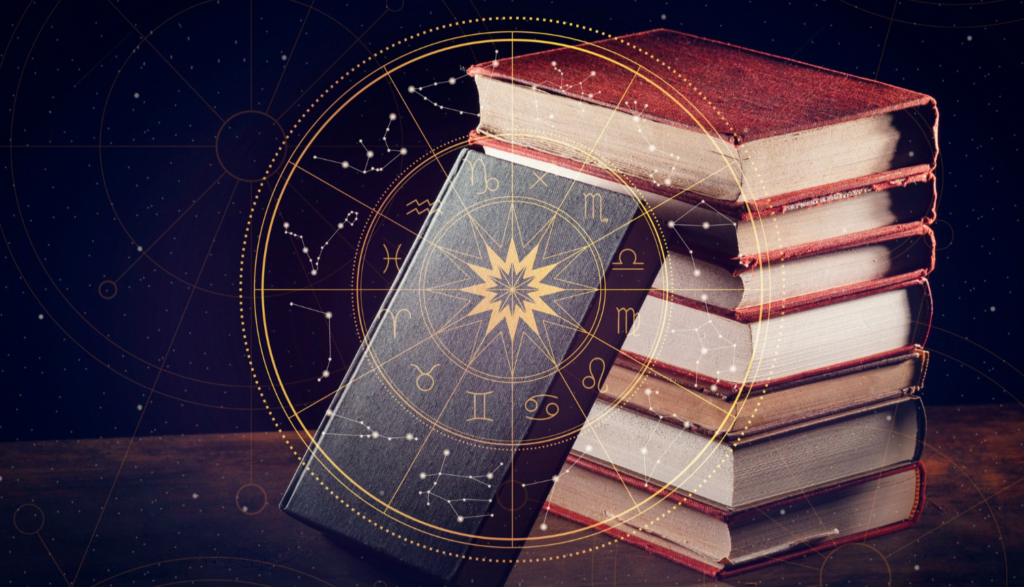
The Zodiac in Islamic Traditions
Islamic astronomy has a rich history of observing the heavens, and while astrology is not as prominently featured in Islamic theology, there are connections between celestial bodies and Islamic esoteric traditions. Some Sufi mystics have explored the symbolic meanings of the zodiac, interpreting it as a reflection of divine attributes and cosmic harmony.
Related: The Shadow Side of Leo: Overcoming Ego, Pride, and the Need for Recognition
Eastern Philosophies and Astrology
In Eastern philosophies such as Taoism and Confucianism, the cosmic order and the movement of celestial bodies are integral to their understanding of life. Chinese astrology, deeply rooted in Taoist principles, uses the zodiac to guide individuals in matters of destiny, personality traits, and relationships. Similarly, in Japanese Shintoism, the alignment of celestial bodies is seen as a reflection of the divine energy present in the natural world.
Astrology’s connection to world religions demonstrates the universal fascination with the cosmos and its impact on human existence. From ancient civilizations to contemporary religious practices, the zodiac has served as a bridge between the divine and the earthly, offering guidance, symbolism, and a deeper understanding of the mysteries of existence. While interpretations and significance may vary, the enduring link between astrology and world religions underscores the timeless quest for spiritual insight through the observation of the celestial realm.








